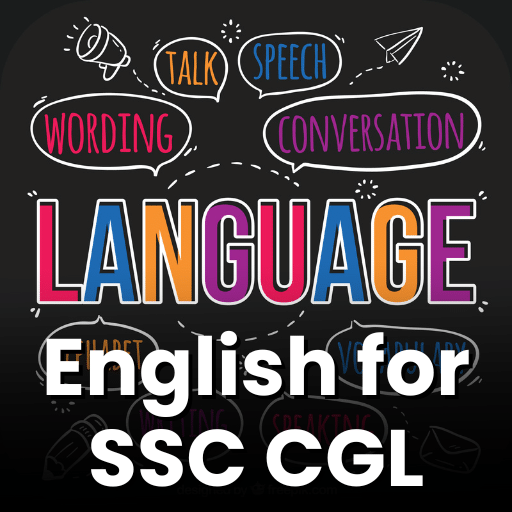Simple Future Tense | English Language & Comprehension for SSC CGL PDF Download
| Table of contents |

|
| Introduction |

|
| How do we make the Future Simple tense? |

|
| Contraction with Future Simple |

|
| How to use the Future Simple tense? |

|
Introduction
The Future Simple tense is commonly referred to as the "will tense" due to its construction using the modal auxiliary will.
How do we make the Future Simple tense?
The structure of the Future Simple tense is:

In negative Future Simple sentences, not is placed between the auxiliary verb and the main verb. In interrogative sentences, the subject and auxiliary verb are exchanged. Look at these example sentences with the Future Simple tense:

Contraction with Future Simple
In spoken language, it's common to contract the subject and auxiliary verb when using the Future Simple tense.

In negative sentences, we contract with won't, like this:

 |
Download the notes
Simple Future Tense
|
Download as PDF |
How to use the Future Simple tense?
No Plan
The Future Simple tense is employed when there is no pre-existing plan or decision before speaking, and the decision is made spontaneously at the moment of speaking.
- Hold on. I'll get a pen.
- We will see what we can do to help you.
- Maybe we'll stay in and watch television tonight.
In these examples, we had no firm plan before speaking. The decision is made at the time of speaking.
We often use the Future Simple tense with the verb to think before it:
- I think I'll go to the gym tomorrow.
- I think I will have a holiday next year.
- I don't think I'll buy that car.
Prediction
We often use the Future Simple tense to make a prediction about the future. Again, there is no firm plan. We are saying what we think will happen. Here are some examples:
- It will rain tomorrow.
- People won't go to Jupiter before the 22nd century.
- Who do you think will get the job?
Be
When the main verb is be, we can use the Future Simple tense even if we have a firm plan or decision before speaking. Examples:
- I'll be in London tomorrow.
- I'm going shopping. I won't be very long.
- Will you be at work tomorrow?
|
133 videos|107 docs|150 tests
|
FAQs on Simple Future Tense - English Language & Comprehension for SSC CGL
| 1. How do we form the Future Simple tense? |  |
| 2. Can we use contractions with the Future Simple tense? |  |
| 3. What is the purpose of the Future Simple tense? |  |
| 4. Are there any other ways to express the future besides the Future Simple tense? |  |
| 5. Can the Future Simple tense be used in negative or interrogative sentences? |  |
































